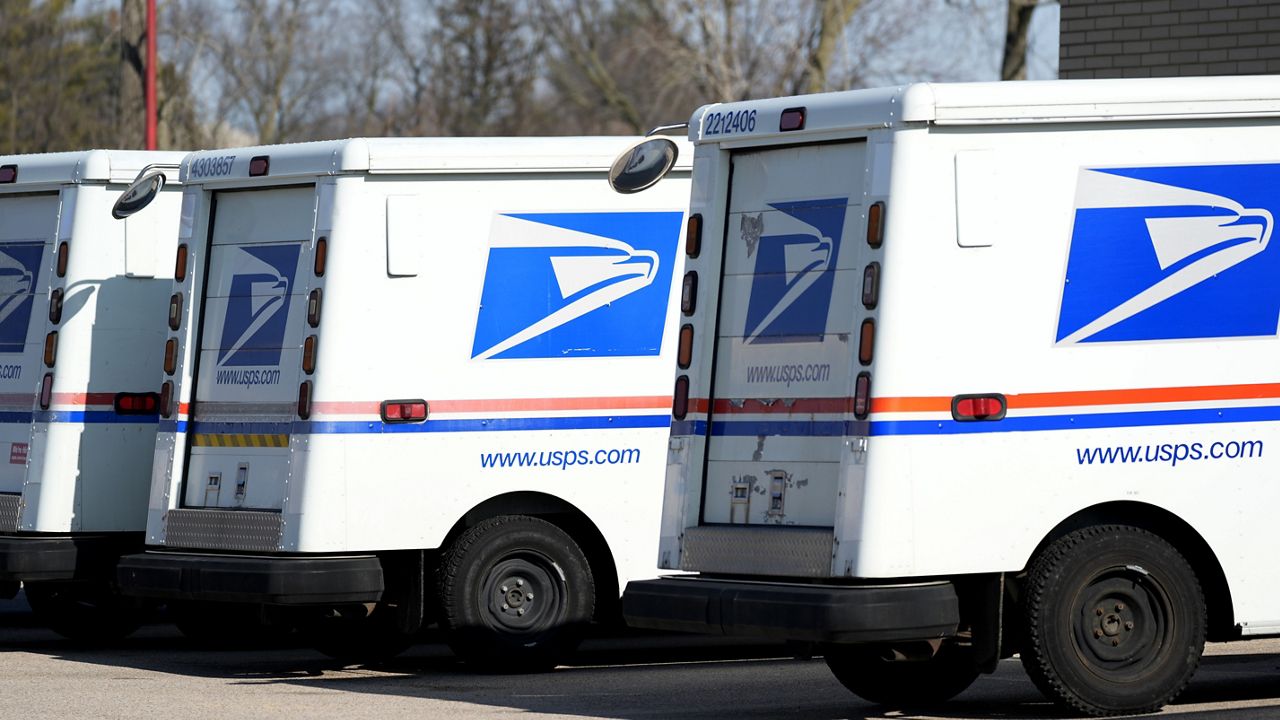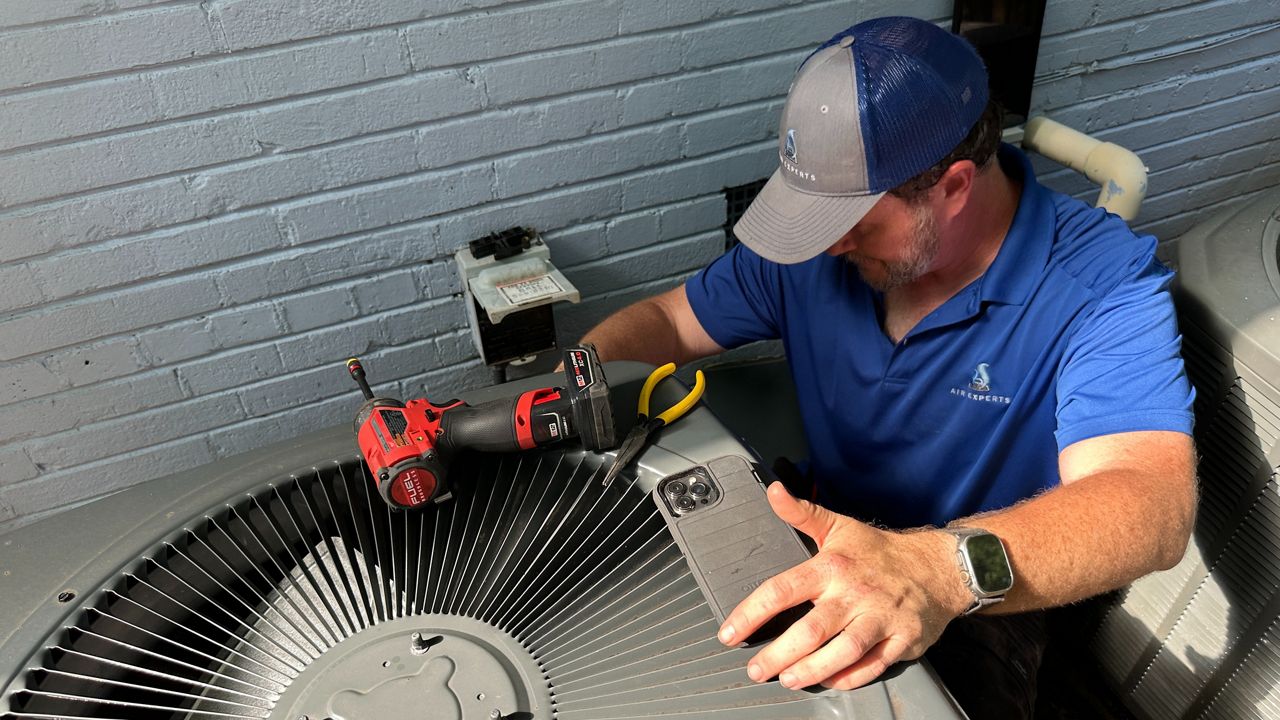RALEIGH, N.C. — New York City’s fire commissioner said lithium-ion batteries caused an early-morning fire at an e-bike store that killed four people Tuesday.
The commissioner said the business had received citations for safety violations previously.
Bryan Staley, CEO of the Environmental Research and Education Organization of Raleigh, said lithium-ion batteries can pose a risk not just to e-bikes but to cellphones and laptops.
“We're all familiar with batteries that are used just in everyday use for a variety of different things," he said. "Lithium-ion batteries pack many times more energy than a standard battery. They are typically rechargeable."
He says they pose a danger because of the energy they carry.
“What happens is that basically it's a chain reaction within the battery that can cause an explosion and a fire,” Staley said.
Staley says the explosion can cast cells of the battery 10-30 feet away from where the battery was, causing multiple fires.
He says you shouldn’t overcharge batteries.
“Especially if they're coming from areas of the world that don't follow the same manufacturing standards as we do here in the U.S., and e-bikes are a great example where many of those batteries have or have more of a substandard design,” Staley said.
He said his foundation's research has found fires also are occurring after consumers dispose of the batteries.
“One of the big data sets we've been tracking is how commonly they attribute to fires upon disposal, because in many cases, as consumers, we know less about proper disposal of these kinds of batteries," Staley said. "And so for a standard recycling facility or a landfill where these batteries may end up, many of these large facilities are seeing two fires a week from lithium-ion batteries that are improperly disposed."
Staley said nine deaths in New York City have been related to lithium-ion batteries.
“That's on track to basically exceed the deaths from the last two years combined in New York City, so this is a growing problem,” he said.
Batteries should not be placed in a typical recycling bin, Staley said. He recommends taking them to drop-off centers.
“They may be called multimaterial recycling facilities and there, you can turn those batteries in and they will be properly recycled," Staley said. "Another thing to note, too, is when you have these batteries in your home, if you suspect them of becoming damaged or if you're charging them, place them in a lipo safe bag.”









